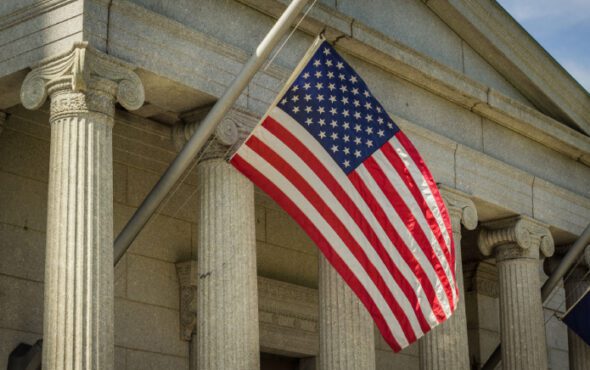
A bipartisan group of Arizona lawmakers, made up of Republicans and Democrats, have introduced legislation to ensure the protection of the LGBTQ+ community.
This bill would safeguard the community from discrimination from businesses, landlords and employers.
“The coalition supporting this are people from so many walks of life coming together based on values of fairness and freedom for all,” Rep. Amish Shah (D), who is one of the bill’s main sponsors, said on Monday (7 February) at a news conference.
The newly imposed legislation would prohibit discrimination based on sexual orientation or gender identity in workplaces, housing and places of public accommodation, which covers most businesses selling goods and services to the public, according to The Alternative Press.
The passed bill would exempt religious institutions such as churches. However, individuals will be unable to contest the legislation on faith-based grounds e.g. refusing to serve LGBTQ+ customers or providing a service to the community due to personal beliefs.
Arizona’s anti-LGBTQ+ discrimination bill will also ban the practice of conversion therapy from health care professionals from practicing conversion therapy.
Conversion therapy is an abhorrent practice that attempts to alter a person’s sexual orientation or gender identity through forms psychological and physical methods.
Bishop Jennifer Reddall of the Episcopal Diocese of Arizona adds, “This bill means that every Arizonan can be viewed just for who they are, for who God made them in the image of God, and not be discriminated against.”
The introduced bill also faced some pushback. Cathi Herrod, president of the conservative group Center for Arizona Policy, called the bill “very divisive and very controversial.”
“This legislation would treat reasonable disagreement as if it were discrimination, dictate a coercive sexual ethic and penalize those who dissent, Herrod told AP.
Flagstaff, Glendale, Mesa, Phoenix, Scottsdale, Sedona, Tempe, Tolleson, Tucson and Winslow are part of the 10 cities that have added LGBTQ+ protections to their anti-discrimination legislation.



